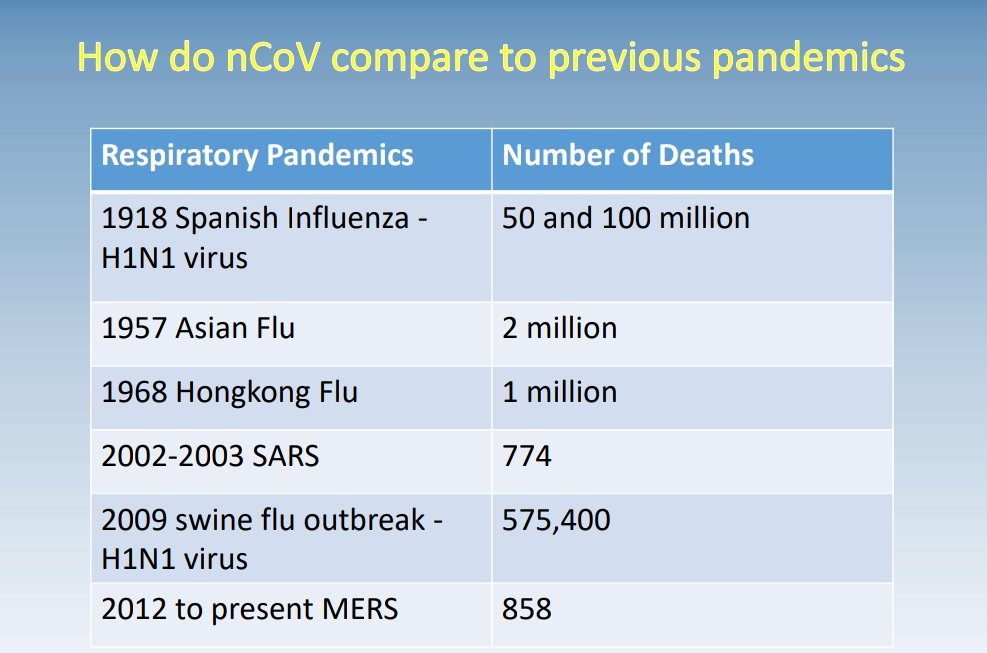Fitting for health scares, searing images depict people wearing masks. Not sure when the fast-spreading coronavirus will strike, those threatened know infection could be deadly.
Mainland China held the dubious distinction of originating the disease, but its proportion of more than 1 million confirmed coronavirus cases and 60,000 deaths dwindled by early April 2020 as infections spread around the world.
The Philippine Society for Microbiology and Infectious Diseases — or PSMID — would not advise people to wash their hands of the whole thing, but that would be a healthy start.
“Another emerging virus made it to the headlines,” said Arthur Dessi Roman, an infectious diseases doctor with the society. “Relax though. Some good old steps can protect us from getting infected.”
The most obvious and simplest old step is soap and water. It turns out that good hygiene is a virus’ worst enemy.

One of the coronavirus’ enablers is ignorance, which is where Roman and PSMID colleague Dr. Marion Kwek stepped in to bring perspective to an anxious world.
“This is another new coronavirus — nCoV — identified from an infected human,” Roman said. “There are usual coronavirus that infect humans and cause mild disease. This nCoV is something new.
“Based on initial studies on its ‘genetic makeup,’ it is very similar to the SARS-like virus that’s believed to have originated from bats,” he said.

Although there are over 300 coronaviruses found in bats, they usually do not infect humans.
“Occasionally, there’s a crossover like what happened with SARS and MERS outbreaks,” Roman said. “When man comes in contact with these wild animals, transmission might occur.
“Most of the time, an intermediate animal — which gets the virus from bats — transmits the virus to man,” he said. “For SARS, it was civet cats. For MERS, it’s camels. For nCoV, we don’t know yet. It can be any of the animals sold in that animal market in Wuhan, China.”
Healthy wash
On long trips, viruses don’t fly, but people do, which is why Roman recommends extracurricular caution.
“Be fully prepared when you complete your travel goals,” he said. “Personal hygiene is important. Refrain from engaging in super ‘adventurous’ activities in this era of emerging infectious disease. Also complete your vaccination.”
In many ways, nCoV is nothing new.
“There are many coronaviruses,” Kwek said. “The hot topic has been this new type. Hence, we use the term ‘novel’ after it was identified in Wuhan.”
The specialists note that current estimates of nCoV infectivity shows a low basic reproduction number when compared to other viruses such as measles. The number reflects — in a non-immune population — the number of persons that one infected person can infect on average. For measles that number is 18 persons. SARS is four. nCoV had an initial number of 1.5 to 2.5.
Human stubbornness adds to the complexity of disease prevention and treatment.
“Measles is very infectious,” Kwek said. “Surprisingly, this disease has a vaccine, but a lot of people opt not to take it.”
Then there are seemingly minor signs of nCoV that mask its threat.
“Symptoms include fever and signs of respiratory infections such as cough or colds and — depending on severity — might include difficulty breathing and chest tightness,” Kwek said.
Compounding maladies
According to a paper published in Lancet about the first 41 nCoV patients, 98 percent had fever. Then there was coughing at 76 percent, phlegm 28 percent, difficulty breathing 55 percent, muscle pain 44 percent and blood in phlegm 5 percent.

Any deaths are bad, yet flu — which people tend to accept lightly — has claimed thousands and millions of lives. In the initial report of 17 nCoV deaths, ages ranged from 48 to 89 years. Eleven had illnesses such as liver, heart and lung problems.
The disease has an estimated incubation period up to 14 days, but this estimate might change as investigations continue.
“Travel history is important, either by the patients or their close contacts,” Kwek said. “Note that case definitions might change as we get more information.
“Travel to countries with confirmed cases of nCoV is not restricted,” she said. “It is premature to tag someone as a person under investigation because of visits to particular places.”
Passports can easily document travel to China, which raises the question of hospital protocols to filter particular travelers.
“This is possible, but I’m not sure if it’s feasible,” Roman said. “Besides, the Bureau of Quarantine is doing this for us at ports of entry. From personal experience, most of these travelers are as anxious as we are. They are honest about their travel history in medical interviews.”
PSMID said public health measures to prevent the spread of nCoV are deceptively simple: “Cover your cough and wash your hands.”
People who have pre-existing conditions should be especially cautious.
“Special mention to those whose immune systems are down,” Roman said. “Those with kidney, liver, heart problems, on steroids, elderly — although age is just a number — need to be extra careful. Use more hand hygiene, and take more respiratory protection.”
Although traveling locally or internationally is unavoidable, PSMID urges those on the move to pay attention to themselves and their surroundings: “Being self-aware is super important in preventing the spread of any infectious disease.”
In addition, the World Health Organization‘s online training is reputedly the best weapon to fight the coronavirus outbreak. The site covers methods for detection, prevention, response and control.

